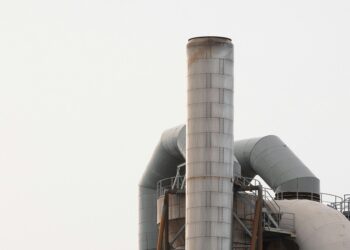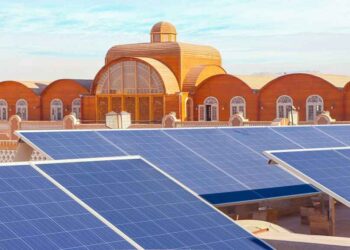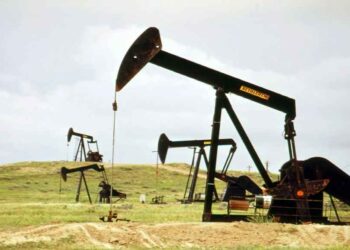The project will meet high LNG demands of the vehicular and high-horsepower engine markets in the US.
The Jacksonville LNG project involves the construction of a liquefied natural gas (LNG) production, storage and export facility on St Johns River in Jacksonville, Florida, US.
The proposed facility will be owned and operated by Eagle LNG, a consortium of Clean Energy, GE Ventures, GE Energy Financial Services and Ferus Natural Gas Fuels. It will aim to meet high LNG demands of the vehicular and high-horsepower engine markets in the US.
Earlier conceived as a facility serving domestic markets, the proposed project plans to supply LNG to Caribbean and other overseas destinations. It will also provide fuel to ships cruising along the East Coast and other domestic commercial vehicles, making it the first terminal in the US to provide fuel for cargo ships.
Natural gas will be received and liquefied at the facility and LNG will be temporarily stored before being transported by ocean-going vessels, trucks and containers for export purposes and marine bunkering trade.
Construction on the project is expected to begin in the second quarter of 2017 and commissioning is scheduled for the fourth quarter of 2018. Expected operational life of the project is 30 years.
Site details of Jacksonville LNG project
“A marine load-out facility is planned to be built to handle small to mid-sized LNG vessels and bunkering barges.”
The facility will be constructed on approximately 197 acres (79.7ha) of land that is marked for industrial activity and hosts other bulk fuel terminals. Located in the same vicinity are Marathon Petroleum, Hess Corporation and US Navy fuel terminals.

















































